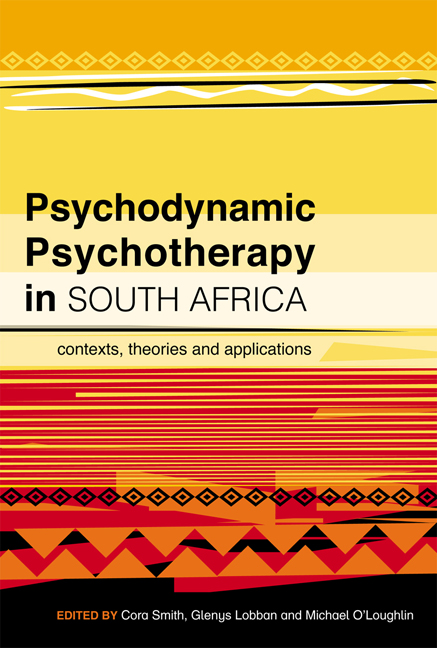Book contents
- Frontmatter
- Contents
- Editors
- Contributors
- Acknowledgements
- Acronyms
- Introduction Cora Smith
- Section I Subjectivity and identity
- Section II Traumatic stress
- Chapter 4 Psychotherapy and disrupted attachment in the aftermath
- Chapter 5 Traumatic stress, internal and external: What do psychodynamic perspectives have to contribute?
- Section III Social issues
- Afterword Glenys Lobban and Michael O'Loughlin
- Index
Chapter 4 - Psychotherapy and disrupted attachment in the aftermath
from Section II - Traumatic stress
Published online by Cambridge University Press: 21 April 2018
- Frontmatter
- Contents
- Editors
- Contributors
- Acknowledgements
- Acronyms
- Introduction Cora Smith
- Section I Subjectivity and identity
- Section II Traumatic stress
- Chapter 4 Psychotherapy and disrupted attachment in the aftermath
- Chapter 5 Traumatic stress, internal and external: What do psychodynamic perspectives have to contribute?
- Section III Social issues
- Afterword Glenys Lobban and Michael O'Loughlin
- Index
Summary
INTRODUCTION
While there are a few trained psychoanalysts in the country who practise in pockets of privileged socio-economic communities, a purist pursuit of psychoanalysis is beyond the reach of most South Africans. This chapter is based on four clinical cases chosen because they are representative of the ways in which psychoanalytic concepts and ideas are applied in child psychotherapy undertaken in state hospitals and community clinics in the South African context. Because of the restrictions in terms of resources, trained staff, and the disadvantage of patients with limited funds and time available, the work by its very nature is short term, disrupted and often incomplete. Nevertheless, it is argued that an understanding of the implications of disrupted attachment and the use of psychoanalytic ideas and concepts can help patients to be thoughtful and reflective in relation to their own affects, traumas, motivations and behaviours. Additionally, it is apparent that psychotherapists also benefit from psychoanalytic thinking, concepts and techniques in understanding the powerful transferences and projections that result from working in traumatised communities, and which assist in limiting the ubiquitous burnout that so often occurs among colleagues who work in these conditions for any length of time. These four cases were chosen because they are representative of the difficulties faced in post-apartheid South Africa where apartheid still casts a long shadow over its citizens, who continue to struggle with disrupted family constellations, violence and trauma, competing cultural practices and diverse epistemologies of meaning. The use of psychoanalytically informed psychotherapy in assisting patients and therapists to deal with their painful legacies will be demonstrated. It is hoped that the value of psychoanalytically informed psychotherapy can be considered in other contexts faced with limited resources and short-term applications. These cases not only challenge notions of idealised psychoanalytic practice in the South African context, but also bring into focus contemporary global debates about theoretical purism versus theoretical plurality, as well as the general financial pressure to produce shorter-term interventions (Chessick, 2001; Green, 2005; Kernberg, 1993, 2007; Wallerstein, 2005a, b).
BACKGROUND
The consequences of South Africa's previous apartheid policies, specifically the Group Areas Act (No. 41 of 1950), the pass system and the migrant labour system, have been both long reaching and devastating for many South African families.
- Type
- Chapter
- Information
- Psychodynamic Psychotherapy in South Africacontexts, theories and applications, pp. 77 - 108Publisher: Wits University PressPrint publication year: 2013



